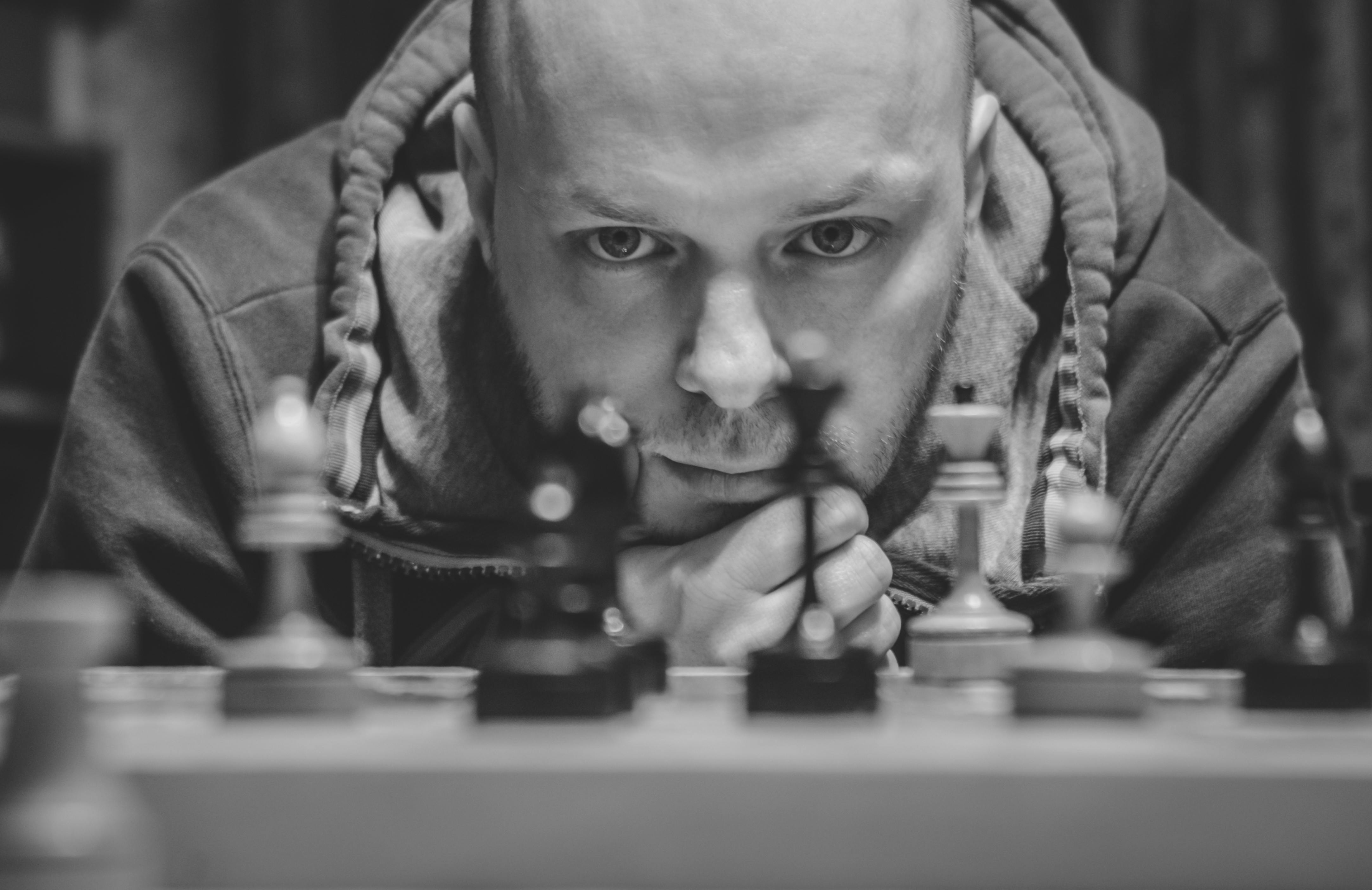
Mahakavi Subrahmanya Bharathi, The Great Tamil Poet Recognized As National Poet: A Brief Introduction
admin
- 0
Mahakavi Subhramania Bharathi (11.12.82-11.9.21) or simply Bharathi was a modern Tamil poet recognized as the national poet of India. He recognized Sister Nivedita, a disciple of Swami Vivekananda as his mentor. He was a contemporary of the Bengali poet Rabindra Nath Tagore. He had a great reverence for Madame Annie Besant and follower of Bala Ganghadhar Thilak. He worked together with members of extreme groups like VOChidambaram Pillai and Subramaniyam Siva. He alternately lived in Tamilnadu and Pondicherry. His poems are broadly classified into 1. Devotional songs 2. Patriotic songs 3. Biographical songs 4. Short stories and 5. General songs. This article is a modest attempt to introduce this great poet to readers who wish to know more about him.
Mahakavi Subramanya Bharathi, as a worshiper of UNIVERSAL ENERGY.
“I saw a little spark and I kept it safe in the hollow of a tree in a dense forest,
IT! The entire forest was reduced to ashes.
Is there a difference in fire as a newborn or an old man?
Thaththarikita thaththarikita thaththom”
– This is how the poet Subhramania Bharathi dances, in praise of Agni (fire) one of the five elements of the Universe. He has sung in praise of various Hindu gods in a unique way for him. Today, in almost all school prayers, his songs about the gods are performed to invoke the blessings of the Almighty.
Bharathi found a special awe and respect for fire in his poems, even in his worship of the Almighty. Although he wrote poems about male Hindu gods like Krishna and Muruga, his description of the Goddess of Power is unique.
He visualized Goddess Shakthi as the ultimate cosmic energy. She often used to dance with joy praising cosmic energy like:
“Let us praise the Mahasakthi (cosmic energy) who has created the entire Universe,
She is hidden in the great five elements that constitute the EARTH,
She’s the source behind all the moves, the speed
And all the attractive forces on Earth,
She is the strength of our lives and is the food that men take to live
“Wherever you see, it merges and finally collapses into Shakthi alone”
whose concept resembles the concept of ‘singularity’ in science.
In addition to Hindu deities, he sang in praise of Jesus Christ, Islam too in its usual way. He was a lover of the Universe with special reference to the Bharat homeland in which he lived. He called her Bharathamatha (mother Bharat) and sang ‘vandhe madharam’ (Praise to my homeland). The phrase Vandhe Madharam had a magical effect on Indian freedom fighters and several freedom fighters sacrificed their lives by holding tricolor, close to their chests and raising this magical motto to their last breath while being attacked by British soldiers. Poor me! Modern Indian youth should be reminded of the ultimate sacrifice made by the young freedom fighters of those days to free themselves from foreign rule.
patriotic songs:
The Bharathi poet always liked to compare the Indian freedom struggle with the Mahabharath war, the great Indian epic. To him, the British rulers were Kauravas and the Indian freedom fighters, Pandavas. He liked extreme approaches, while the Gandhians preferred passive nonviolence. Hence, we could see his frank disapproval of nonviolent struggle in his songs. He said:
“My heart does not tolerate these baseless people who are afraid of everything” in a melancholic tone as a direct reference to the moderates and those who were indifferent to the violent struggle. However, his reverence for Mahatma Gandhi, the advocate of passive nonviolence, was unique. He equates it to God and says:
“Mahatmaji, you are the savior of Bharat, which was in the grip of poverty, ignorance and thus a ruined country. You came as the savior of this country. Long live you, Mahatma Ji!”
It was deeply in favor of armed struggle for freedom and its leaders were Bal Gangadhara Thilak, Guru Gobindsingh, Dadabhai naoroji, Lala Lajpath Rai, VOChidambaram Pillai, all in favor of armed struggle.
Bharathi was also deeply impressed by the leaders abroad. He was swearing to free India in the name of Mazzini, founding leader of YOUNG ITALY.
He sang an elegy on the fall of BELGIUM in the first world war.
But what brought him international fame was his song about the Russian revolution.
“Mahakali (The goddess of power and cosmic energy) set her vision in Russia,
The revolution had its overwhelming upheaval in the ages to come!
The tyrant of Russia fell.”
He compared the tyrant to the puranic monster Hiranyan and the revolution to the Goddess of Power. Goddess Power conquered him and reduced him to ashes.
‘Bharath’ from Bharathi’s dreams:
“We’ll walk along the peaks of the silvery hills
We will send our ships to the deep western seas,
We will build schools in all the temples and
We will proudly say that we are Bharathiyans (Indians).
We will build a bridge across the sea to Srilanka (Ceylon)
We will unite them both by broad roads,
Through the use of the swollen waters of the eastern rivers
We are going to irrigate in the central plateau
We will have our own weapons, we will produce papers,
We will develop Industries we will develop education
We’ll never rest, nor bow our heads
We will defend the Truth and show our mite.”
Poets are of various types. Some write poems for money. Some poets write poems of their immense love for the homeland and the magnificent Nature and the Almighty. Such poets who write appreciating Nature have a Natural foresight and what they write in advance will come true in later years.
We can see that everything that Bharathi wrote in the above poem one hundred years ago has come true now. India has shown progress on all fronts, especially in space science and technology, as India has already sent its moon-landing satellite and the second one will land on the moon in the next six months.
Her views on women’s liberation:
It has a special place in the role of Honor of the great poets when considering women. Her views on marital fidelity are very famous and are quoted everywhere when the subject is discussed:
“When the question of sexual morality arises, let us keep it common to both sexes,” he declared when women were treated as slaves. Her vision of women’s education is also noteworthy.
Walk upright, look with straight eyes,
Don’t be afraid of anyone on Earth for Morality,
Superiority due to perfect knowledge,
All this is the possession of the modern woman.”
Such women are known as the New Age Bharathi woman.
Bharathi’s poems are like an ocean. One cannot go through all the content in a short time. At least one glass of his poetry has been given as stated above. If it awakens the interest in the minds of the readers to read the entire writing, the purpose of this article is achieved.

